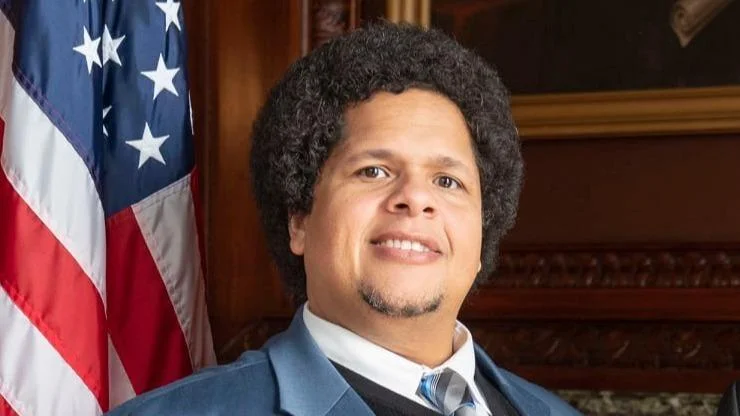Marc Julian Bradley, Wisconsin State Senator for 28th District | Official Website
Marc Julian Bradley, Wisconsin State Senator for 28th District | Official Website
According to the Wisconsin State Legislature's official website, the bill was described as follows: "access to public high schools for military recruiters".
The following is our breakdown, based on the actual bill text, and may include interpretation to clarify its provisions.
In essence, this bill mandates that Wisconsin school boards and governing boards of charter schools provide military recruiters with access to high school common areas and during school-scheduled events, ensuring compliance with federal regulations under 10 USC 503 (c). This access is to parallel the access granted to postsecondary educational institutions and prospective employers. However, it does not require military recruiters to be allowed into high school classrooms during instructional time. The bill first applies to the 2025-26 school year, reinforcing the inclusion of military recruiters in non-instructional school events and spaces.
The bill was co-authored by Representative William Penterman (Republican-38th District), Senator Dan Feyen (Republican-20th District), Senator Steve L. Nass (Republican-11th District), and Senator Cory Tomczyk (Republican-29th District). It was co-sponsored by Representative Lindee Rae Brill (Republican-27th District), Representative Robert Brooks (Republican-59th District), and Representative Calvin T. Callahan (Republican-35th District), along with 14 other co-sponsors.
Julian Bradley has co-authored one other bill since the beginning of the 2025 session, with none of them being enacted.
Bradley graduated from the University of Wisconsin at La Crosse in 2014 with a BS.
Bradley, a Republican, was elected to the Wisconsin State Senate in 2021 to represent the state's 28th Senate district, replacing previous state senator Dave Craig.
In Wisconsin, the legislative process starts when a senator, constituent, group, or agency proposes an idea for a bill. After drafting, the bill is introduced, numbered, and referred to a committee for review and public input. If approved, it moves through three readings and votes in both the Senate and Assembly. Once both chambers pass the same version, the bill goes to the governor, who can sign it, veto it, or let it become law without a signature. Only a small share of bills introduced each session ultimately become law. You can learn more about the Wisconsin legislative process here.
| Bill Number | Date Introduced | Short Description |
|---|---|---|
| SB10 | 02/03/2025 | Access to public high schools for military recruiters |




 Alerts Sign-up
Alerts Sign-up